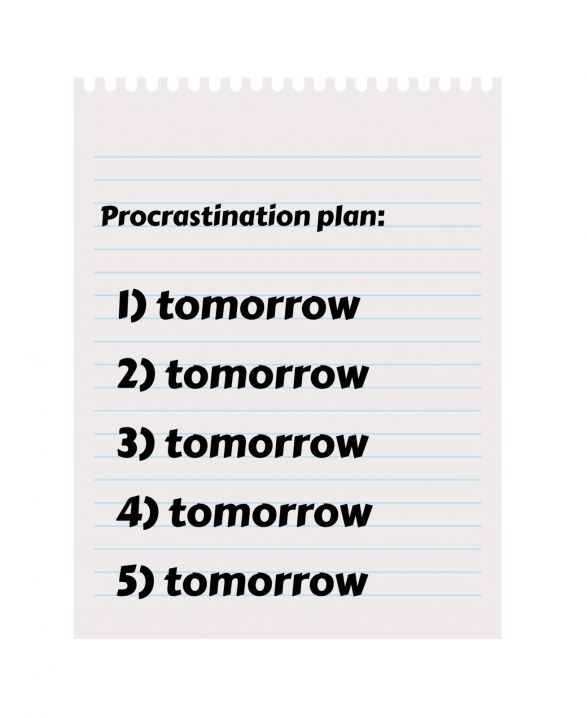- in Resilience , Sleep by Tony
How night habits, could offer you a better lifestyle

Their morning routines and rituals guide successful people. Night routines are just as essential and very much influence our days as well.
When we’re able to sleep well during the night, it will have a direct impact on our following day. When we are well-rested, we are healthier and productive and able to do all you had planned for that day.
More...
How your bedtime habit can offer you a better lifestyle
Remember when you were younger and had 8 hours of sleep every night? It doesn’t stop there. Night routines are just as crucial to our success and health overall throughout our lives.
Here are helpful night routines to help you get the most success out of your life, every day.

Sleeping on time, every night
When you sleep early and on time each night, you’ll also get much better rest. As a result, you’ll be able to wake up earlier in the morning to carry out all of your plans!
It’s counterproductive to plan on waking up early the next day to get things done but get insufficient sleep. There may be occasional, stressful days that look like this, but this isn’t a healthy daily routine to have.
Don’t let it become a habit!
Adequate sleep is essential – enough to feel genuinely rested - and you need it every night to allow your body a chance to replenish and heal itself.
Writing your to-do list the night before
There’s something efficient about preparing your to-do list the night before. It sets you up with a more explicit purpose and direction for your day the moment you wake up the next morning.
When you spend that significant first hour of your day writing your to-do list, the immediacy affects your planning focus.
It also eats up time that could be spent on doing instead of planning.
Writing your to-do list the night before can work wonders for your productivity.

Prepare your wardrobe for the next day

Many people spend too much time getting dressed in the morning. This is often in searching for clothes and repeatedly changing their mind about what to wear. If your closet is disorganised, you might be losing a lot of valuable time in the morning looking for a particular outfit.
Instead of doing this before leaving for work, why not lay out your clothing the night before? This can dramatically reduce your morning prep time and help you start with fewer decisions the next day.
Unwind with a good book

Finding it hard to sleep?
Read a book.
Instead of endlessly scrolling through your phone or computer, it exposes you to blue light and keeps you more alert, thereby triggers insomnia.
Go old school, with a trusty book in hand. You’ll feel sleepy much faster.
No Screen Time One Hour Before You Go to Bed

It may feel like browsing through our social media files, will help us switch off and relax before bedtime, the research indicates that using social media can negatively impact our sleep quality.
Social media use has been related to poor sleep (Levenson et al., 2016). Stay mindful of how social media is making you feel. Social media can often get us down when we start to compare our lives to others or experience FOMO (fear of missing out).
Our computer screens and mobile screens emit blue light each time we use them. This contributes to eye strain and messes with your sleeping patterns due to its effect on the sleep hormone melatonin.
Without typical melatonin levels, we may remain in a mental arousal state, affecting our ability to fall asleep. The best way is to put your phones and other devices away at least one hour before you go to sleep, so you can unwind and make sure to fall asleep on time.
Plan and prepare your meals the next day
Do you spend a significant amount of time wondering what to eat at every meal?
If you usually have a busy morning, preparing breakfast and lunch the night before can help you manage your time better and still eat healthily.
Write or reflect about your day in a journal

A good habit is to write about your day before it ends. While your memories are fresh on the things that happened during that day is the best time to chronicle them.
You don’t have to spend a long time doing this. Just writing at least one thing you’re grateful for is a good start and does a lot to keep you emotionally healthy.
Plus, keeping a journal is another great habit to start!





